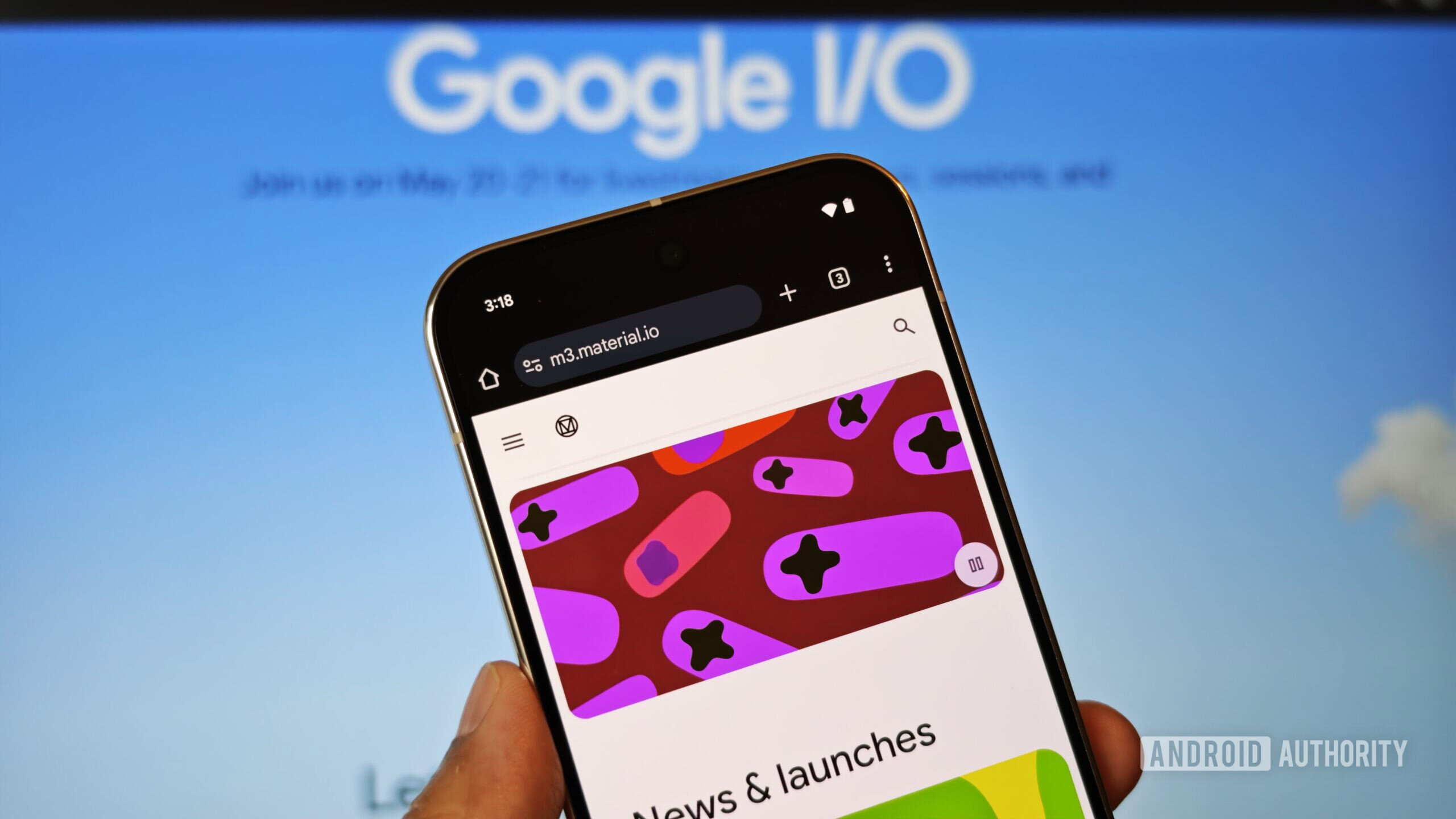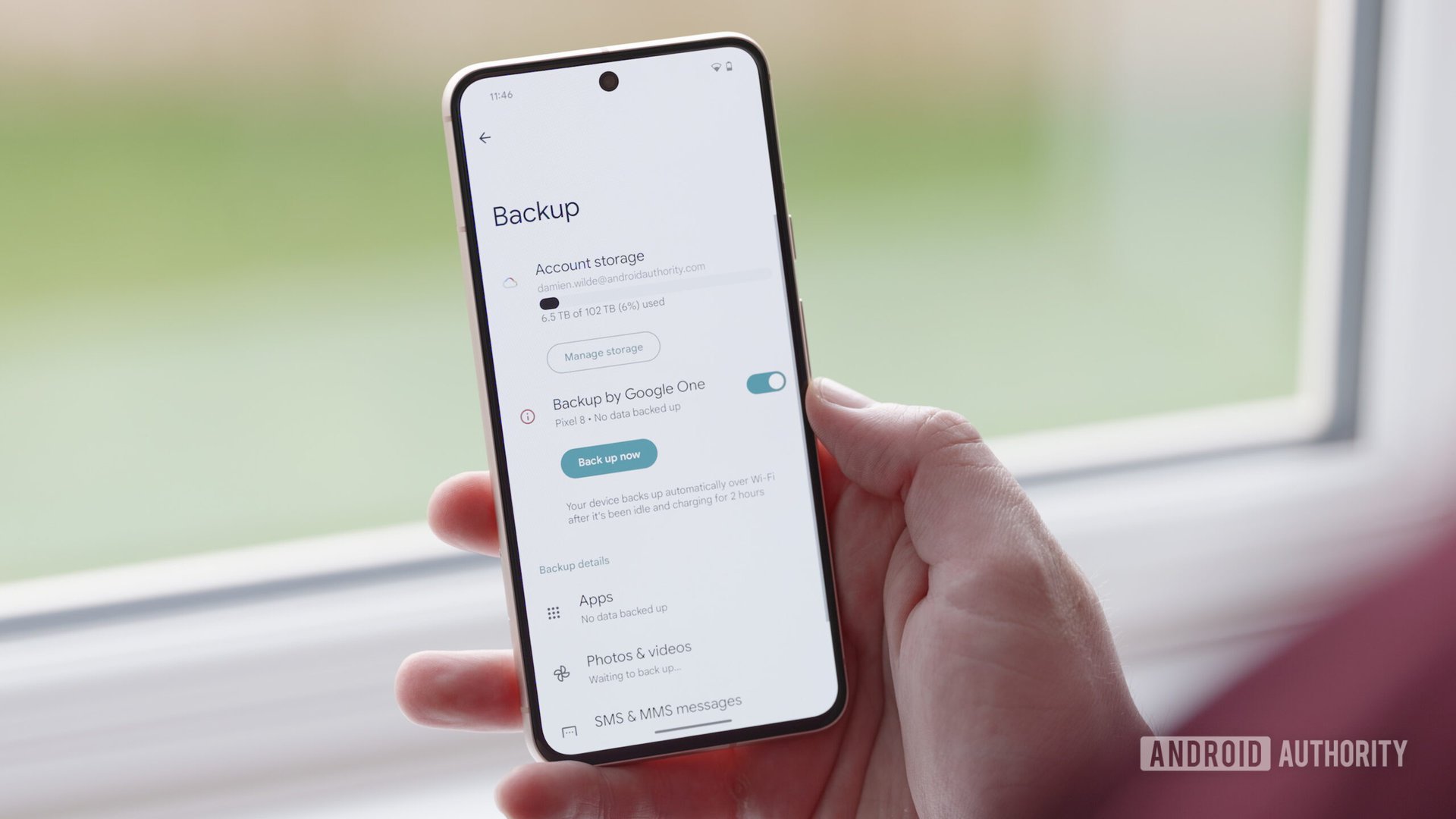Tips and Techniques to Boost App Performance on App Stores

The competition in the mobile app industry is tougher than ever. With millions of apps available on Google Play and the App Store, getting your app noticed requires more than just great features. Performance optimization, user engagement strategies, and smart marketing techniques play a crucial role in ensuring your app ranks higher and attracts more downloads. For instance backlinks for game apps Free Fire like increase website traffic for your app, that enhances visibility and improves conversion rates.
This guide will help you understand the key strategies to improve your app’s performance on app stores, from app store optimization (ASO) to user retention techniques.
1. Optimize Your App Store Listing for Maximum Visibility
App Store Optimization (ASO) is the foundation of app success. Just like SEO helps websites rank higher on search engines, ASO ensures your app appears in relevant searches.
-
Choose the Right Keywords – Use relevant keywords in your app title, description, and metadata. Avoid stuffing keywords but ensure they blend naturally.
-
Write a Compelling App Description – Clearly explain your app’s features and benefits. Use bullet points to make information easy to read.
-
Use High-Quality Screenshots and Videos – Showcase the best features of your app with visually appealing images and a short demo video.
-
Optimize Your App Icon – A visually distinct and professional-looking icon makes a strong first impression.
Regularly updating your store listing with new features, bug fixes, and performance enhancements will also signal relevance to the app store algorithm.
2. Improve App Loading Speed and Performance
Fast and smooth performance is one of the key factors that determine an app’s success. If an app lags, crashes, or takes too long to load, users will uninstall it immediately.
-
Reduce App Size – Large apps take longer to download and require more storage. Use file compression techniques and optimize images to reduce size.
-
Optimize Code and API Calls – Minimize redundant code and reduce API calls to improve processing speed.
-
Use Caching and Lazy Loading – Cache frequently used data and implement lazy loading to prioritize loading essential elements first.
-
Optimize Battery Usage – Ensure your app does not drain excessive battery, as users avoid apps that consume too much power.
By focusing on these improvements, your app can deliver a seamless experience, increasing positive reviews and engagement.
3. Encourage More Positive Reviews and Ratings
App store algorithms favor apps with higher ratings and reviews. Users also trust apps that have positive feedback.
-
Use In-App Prompts – Ask satisfied users to leave a review after they’ve had a positive experience with your app.
-
Respond to Reviews – Engage with users by replying to their feedback. Address complaints quickly and thank users for positive feedback.
-
Fix Issues Promptly – Users appreciate quick bug fixes and improvements. Regular updates show that the app is being actively maintained.
-
Offer Incentives – Provide small rewards, such as premium features or in-app points, to encourage users to leave reviews.
A high rating increases trust and helps new users feel confident about downloading your app.
4. Retain Users with Personalization and Notifications
Acquiring downloads is important, but retaining users is even more critical. Apps with high retention rates rank better on app stores.
-
Personalized Content – Offer customized recommendations and features based on user behavior.
-
Push Notifications – Send relevant and timely notifications to bring users back to the app. Avoid excessive messaging to prevent uninstalls.
-
Gamification Elements – Add rewards, badges, and achievements to make the app more engaging.
-
User-Friendly Navigation – Ensure smooth navigation with an intuitive layout and easy-to-access features.
Retention strategies help maintain engagement, increasing the likelihood of better rankings and organic growth.
5. Boost Marketing Efforts and Social Media Integration
A strong marketing strategy is essential to attract new users and drive app downloads. Apps similar to TikTok for adults use aggressive marketing to boost visibility and grow their user base.
-
Leverage Influencers – Partner with influencers to promote your app to their followers.
-
Run Paid Ads – Use Google Ads, Facebook Ads, and app store advertising to reach a wider audience.
-
Use Social Media – Engage with potential users on Instagram, Twitter, and TikTok through interactive content and promotions.
-
Referral Programs – Encourage users to invite friends by offering in-app rewards.
A multi-channel marketing approach ensures a steady flow of users, helping the app maintain strong rankings on the app store.
6. Ensure Your App is Bug-Free and Secure
Users expect high levels of security and privacy from apps. Any security flaw or frequent crash can lead to negative reviews and app deletions.
-
Run Regular Security Audits – Ensure user data is encrypted and protected from breaches.
-
Fix Bugs Quickly – Use crash reporting tools to detect and fix issues before they affect too many users.
-
Test on Multiple Devices – Ensure the app runs smoothly across different operating systems and screen sizes.
A stable, bug-free app ensures long-term user satisfaction and higher retention rates.
7. Optimize App Monetization Without Hurting User Experience
Monetization strategies should be carefully balanced so that they generate revenue without frustrating users.
-
Freemium Model – Offer a free version with optional premium features.
-
In-App Ads – Display non-intrusive ads without affecting user experience.
-
Subscription Plans – Provide exclusive content for paid subscribers.
-
Affiliate Marketing – Partner with brands to promote relevant products within the app.
A well-planned monetization model ensures financial success while keeping users engaged.
8. Monitor Performance Metrics and Update Regularly
Tracking key performance indicators (KPIs) helps you understand what’s working and what needs improvement.
-
Track Download and Retention Rates – Identify patterns and trends in user behavior.
-
Monitor Crash Reports – Use tools like Firebase Crashlytics to detect and fix technical issues.
-
Analyze User Engagement – Check how often users interact with your app and which features they use the most.
-
Release Regular Updates – Keep your app fresh with new features, UI enhancements, and bug fixes.
Consistent updates and performance tracking help maintain user interest and improve app store rankings.
Conclusion
Improving your app’s performance on app stores requires a combination of technical optimizations, user engagement strategies, and marketing efforts. From optimizing ASO and improving app speed to retaining users through notifications and personalized content, every aspect contributes to better rankings and increased downloads.
For those looking to develop apps similar to TikTok, focusing on social media integration, content moderation, and user engagement will be crucial for long-term success. Implementing these strategies ensures your app not only gains visibility but also sustains its position in the competitive app market.
FAQs
1. How can I improve my app’s ranking in app stores?
Use ASO techniques like keyword optimization, engaging descriptions, high-quality visuals, and positive user reviews to improve visibility and ranking.
2. What are the key factors that affect an app’s download rate?
App store optimization, app speed, positive reviews, strong marketing campaigns, and an engaging user experience influence an app’s download rate.
3. How do I increase user retention for my mobile app?
Retain users by offering personalized experiences, sending targeted push notifications, and adding gamification elements like rewards and challenges.
4. Why is app performance optimization important for success?
Fast load times, smooth navigation, and minimal crashes improve user satisfaction, leading to higher retention, better reviews, and improved app rankings.
5. What marketing strategies work best for promoting a mobile app?
Social media promotions, influencer collaborations, referral programs, paid ads, and app store advertising help maximize visibility and attract new users.
What's Your Reaction?
 Like
0
Like
0
 Dislike
0
Dislike
0
 Love
0
Love
0
 Funny
0
Funny
0
 Angry
0
Angry
0
 Sad
0
Sad
0
 Wow
0
Wow
0











































